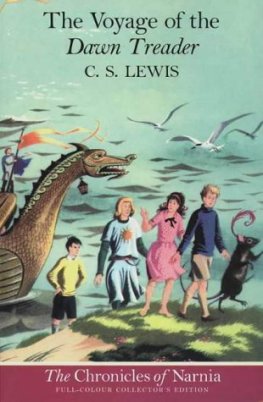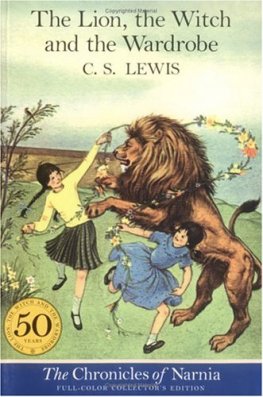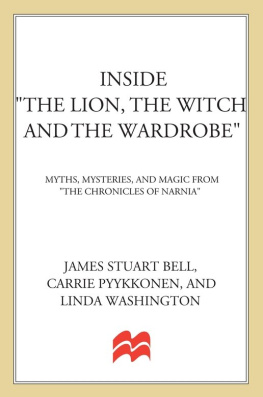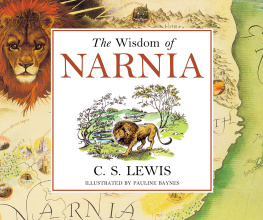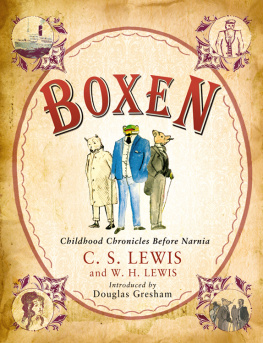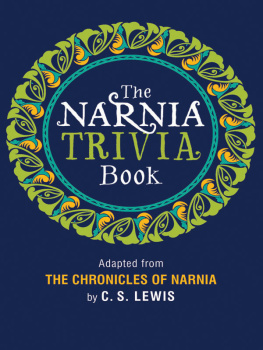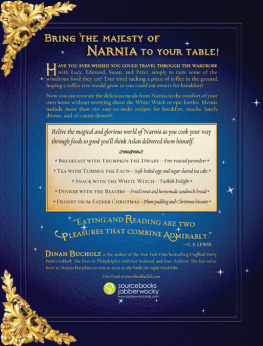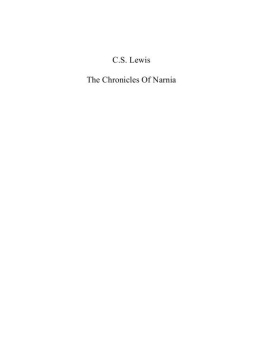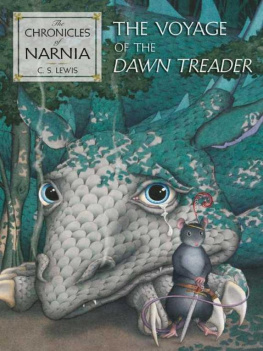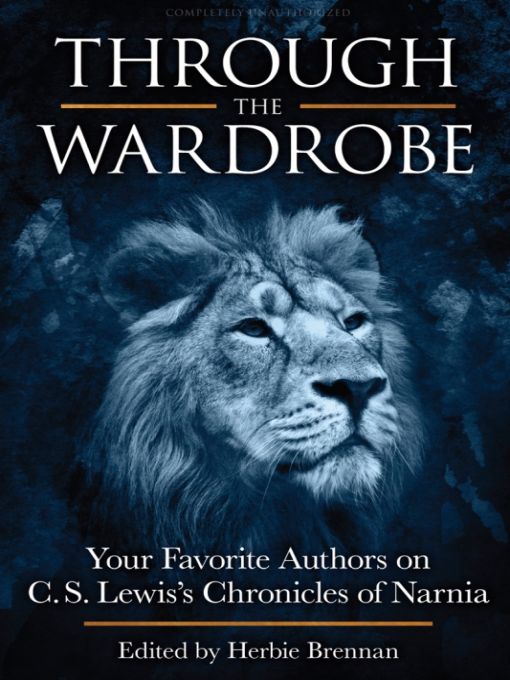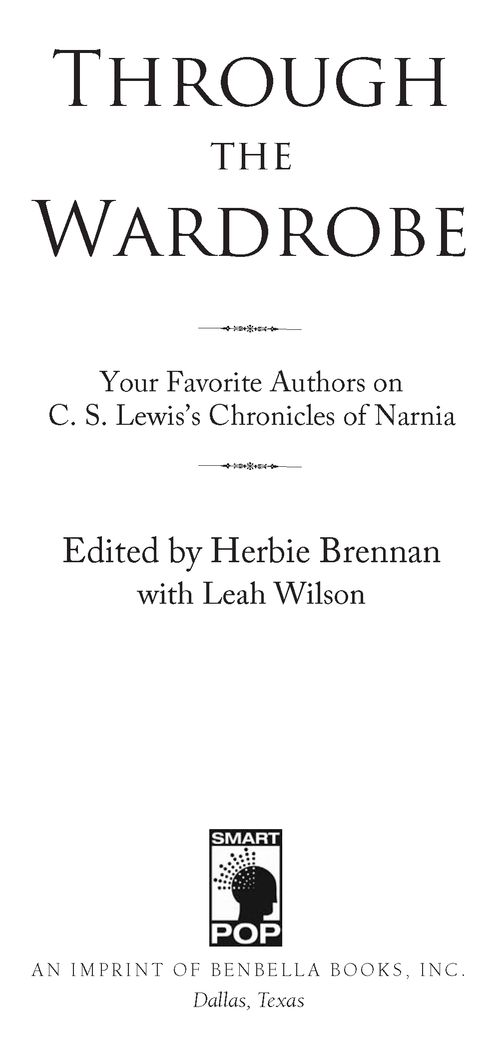Table of Contents
Introduction
Something wonderful happens when a group of experienced fiction writers come together to pay tribute to a master. But before we go into that, let me take a moment to introduce those writers to you, in the order they appear in this anthology:
Deb Caletti from San Francisco Bay, now living in the Seattle area... Brent Hartinger, who hails from just south of Seattle... Diana Peterfreund, born in Pennsylvania, but lived mostly in Florida... Ned Vizzini, a Manhattanite who grew up in Brooklyn... Sarah Beth Durst from central Massachusetts... Herbie Brennan (thats me), born in Northern Ireland during World War II... Diane Duane, a New Yorker, now living in Ireland... Kelly McClymer, who started out in South Carolina and now lives in Maine... Lisa Papademetriou, a Texan by birth... Sophie Masson, born in Indonesia, brought up in France and Australia... Elizabeth E. Wein, born in New York City, brought up in England and Jamaica, now living in Scotland... Susan Juby from Canada... Susan Vaught from Tennessee... O. R. Melling, born in Ireland, raised in Canada, now back home in Ireland... Zu Vincent and Kiara Koenig, two American authors from the West Coast.
Read their biographies at the end of each article. You could hardly find a more diverse bunch in terms of background, interests, and achievements, but I can confidently predict they all share several things in common:
They all know that magic moment when a window opens up on the word-processor page and allows them to step through into a different world.
They all meet with spirit creatures (commonly called characters) who live, laugh, love, and weep quite independently of the authors who call them up.
They all recognize plots as fey and fragile things that may work out as planned... or take turns the writer never dreamed of.
They all pray for those golden days when they dont have to write a word of their own, but take dictation from their Muse instead, creating marvels in the process.
Because they all share these experiences, they bring a special insightsomething far beyond mere literary criticisminto the works of another of their kind. And this is especially true when the works in question enchanted them as children.
You may remember the moment yourself, perhaps at Christmas or a birthday, when you opened the package and found yourself staring at a brand-new, lovely book with all its new-book feel and smell. Except it wasnt a book, not like the books youd read before. It was a doorway to another reality.
Can you remember how you stepped through that doorway somewhere on the second page? How your worriesthe neglected homework, the cross father, the sick hamstersimply faded away? How you met new friends and visited strange lands? How you became the hero of the book?
Very few people realize it, but reading fiction is an interactive experience. The author of the novel does scarcely half the job. You, as the reader, do the rest, painting background scenery with your imagination, filling in the color of the dragons eyes, listening to the whisper of the wind, reading the villains darkest thoughts. This is a magical process by any rational definition of the term. It involves illusion, creation, healing, transports of delight, silent sounds heard only with the inner ear, impossible sights, wonders, marvels, conjurations.
And the magic reached its peak the day you entered Narnia.
It doesnt always happen, and regrettably it doesnt happen often, but sometimes an author crafts a work of such consummate skill that it carries you off to an enchanted realm you will remember to your dying day.
Im betting your first C. S. Lewis book was The Lion, the Witch and the Wardrobe, but if Im wrong, it doesnt matter. Narnia became a living place in Lewiss mind and he managed, in his writing, to open up a portal so you could come and share it, too. He did this partly by his writing skills, but mainly through his novels themes. Narnia is mythic in the true sense of that word, a realm of wonder where humanitys great stories can be acted outthe sacrifice of heroes, the war of Light and Darkness, the triumph of Good over Evil, the initiation of youth, the wisdom of age, betrayal and hope, but above all, love.
These are things that touch us to the deepest levels of our souls and these are the themes of Narnia. When stuffy academics discuss the influence religion had on Lewis, they talk of something profoundly unimportant. It was not his Christianity that counted, but his archetypal, mythic spirituality that enabled him to reach out across every culture and creed to the children of the world.
A few of the children he reached were a little different from the othersintroverted, perhaps, prone to daydreams, sometimes solitary, emotional, and difficult. Such children were swallowed up by Narnia. They found themselves in a place they could describe completely, far beyond the words that Lewis wrote. They found themselves in conversations with the Lion and the Faun that never appeared on the printed page. These were children with a special destinyto create worlds of their own and let you share them.
Many factors led to the unfolding of that special destiny. We might speculate about parental support, or lack of it, about personal tragedy, meetings with remarkable men and women, encouragement, discouragement, discovery of creative well-springs, travel, opportunity, or just dumb luck. But behind the diverse paths there was always that turning point, that tipping point, that trigger, in the moment when, as children, they opened their special book, visited Narnia and were themselves enchanted.
Thus the anthology you hold is something wonderful. It is the work of authors who have, one and all, fallen desperately in love with Narnia, the luminous creation of C. S. Lewis. And it is the work of authors who understand exactly what he went through to bring it into being.
Read and enjoy.
Herbie Brennan
New Years Day, 2008
This is where the enchantment began for so many of us. Deb Caletti has produced a richly evocative recollection of her first trip to Narnia, carried there by the set of books she received from her parents for Christmas when she was only ten years old, and describes how the magic was passed on when she had children of her own....
Just Another Crazed Narnia Fan
DEB CALETTI
When I was in the sixth grade, I loaned my copy of The Lion, the Witch and the Wardrobe to Lisa Miller and never got it back.
Not that I hold a grudge.
Lisa had a surgery that required breaking both her legs and resetting them, putting her in a wheelchair for the good part of a year. Flimsy excuse, yes? I mean, this was my beloved and cherished copy, part of the ENTIRE SET of the Chronicles of Narnia that my parents had given me for Christmas when I was ten. An entire set of Narnia books without The Lion, the Witch and the Wardrobe its like an entire set of dishes without the, well, dishes.
I still remember getting those books. For some reason, my mother had hidden them, unwrapped, inside a set of decorative drums that were underneath the Christmas tree. One day I was messing around, as any proper ten-year-old will do, and I opened up the drums. I was shocked, thrilled, surprised, and guilt-ridden at accidentally finding my gift. I knew they were meant to be mine. They had to be. First of all, I was the resident inhaler of books, bringing home stacks of them from the library that Id consume same as popcorn before the movie even started. Second, they were meant to be mine because they just


